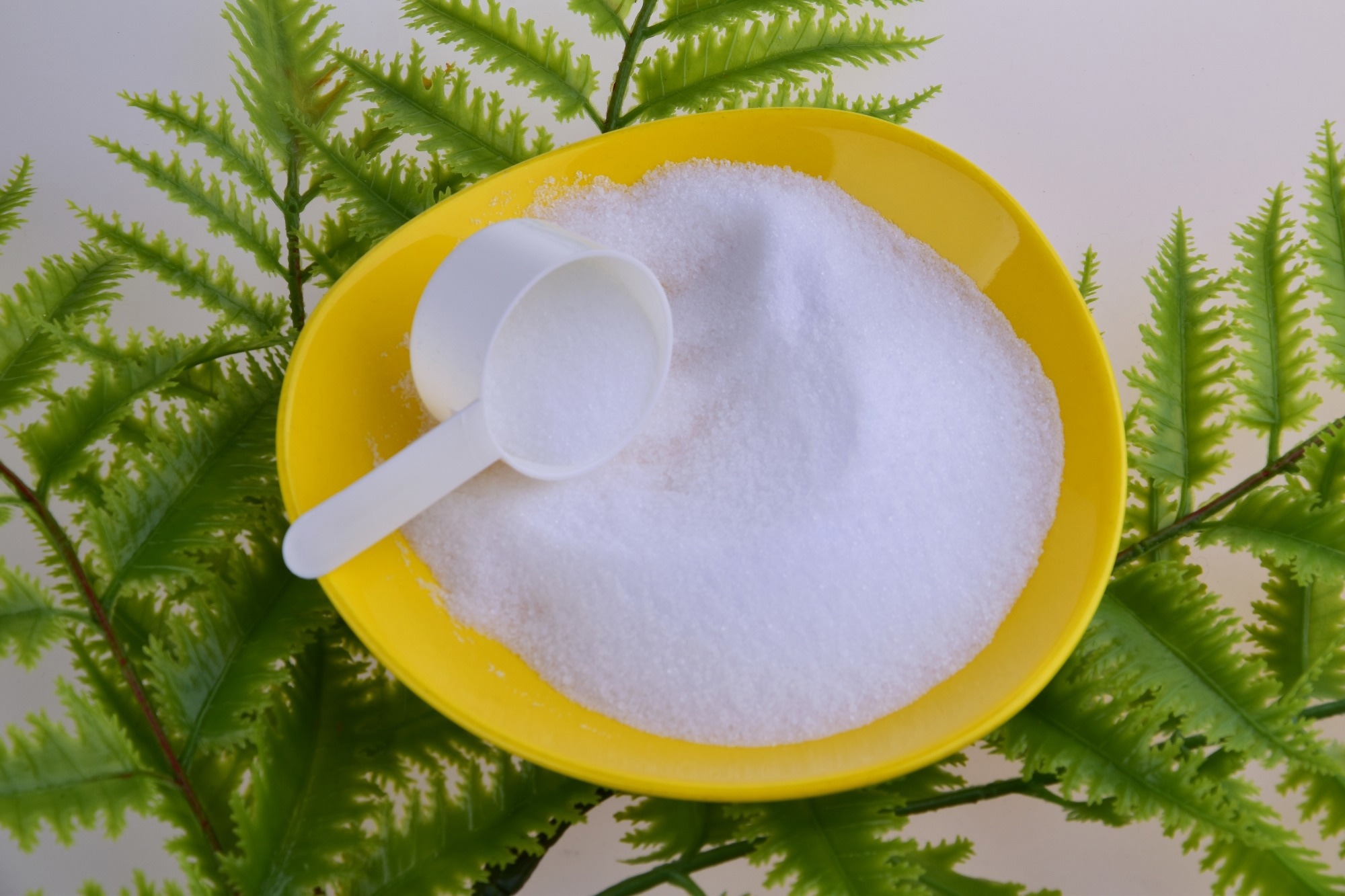Apr 18 2023
In a recent review published in the journal Nutrients, researchers in Italy discussed the findings from various pre-clinical and clinical studies that evaluated the effect of non-nutritive sweeteners such as aspartame, saccharin, sucralose, and acesulfame-K on the gut microbiome.
 Review: Effect of Non-Nutritive Sweeteners on the Gut Microbiota. Image Credit: cruspan / Shutterstock
Review: Effect of Non-Nutritive Sweeteners on the Gut Microbiota. Image Credit: cruspan / Shutterstock
Background
The bacteria that constitute the human gut microbiome comprise over 50 phyla and 1,500 species, with 99% of the bacterial population constituted by 30 to 40 species. The gut microbiota varies from one individual to another and is influenced by a range of factors such as age, genetics, antibiotics, and diet. A healthy balance of beneficial bacteria in the gut is known as eubiosis, while an imbalance resulting in a proliferation of pathogenic bacteria is known as dysbiosis. Studies have shown that the ratio between the phyla Firmicutes and Bacteriodetes (F/B ratio) is important in maintaining gut homeostasis, and gut microbiome dysbiosis is linked to a wide range of diseases affecting various organ systems.
The consumption of non-nutritive sweeteners, which have higher sweetness but significantly lower calories than sucrose, has increased in recent years. The non-nutritive sweeteners approved for consumption vary across countries based on tests for potential carcinogenic effects and other health problems. However, evidence from recent studies indicates that consumption of non-nutritive sweeteners could be associated with cardiovascular diseases, glucose intolerance, obesity, insulin resistance, and inflammation, with the gut microbiome acting as a potential mediator.
Given the wide use of non-nutritive sweeteners due to their low calorific content, and the pivotal role of the gut microbiome on human health, it is essential to understand the potential determinantal effects of non-nutritive sweeteners on the gut microbiome.
Major findings
The review evaluated evidence from studies that examined the effect of four non-nutritive sweeteners — aspartame, saccharin, sucralose, and acesulfame-K — on the gut microbiome. Aspartame is a dipeptide methyl ester containing L-phenylalanine and L-aspartic acid — two amino acids commonly found in vegetables, fruits, dairy products, and nuts. Saccharin is a water-soluble organic acid, while acesulfame-K is a hydrophilic derivative of an organic acid. Sucralose is a disaccharide containing 4-chloro-4-deoxygalactose and 1,6-dichloro-1,6-dideoxyfructose, and is not easily metabolized by humans.
Six pre-clinical trials comprising two studies on rat models and four on humans have examined the impact of aspartame consumption on the gut microbiota. A study on rat models reported that when combined with a high-fat diet, aspartame consumption resulted in a lower calorie intake and weight gain, but decreased the insulin-stimulated disposal of glucose, elevated the fasting glucose levels, and increased the F/B ratio.
Among humans, studies that examined individuals who consumed aspartame or acesulfame-K reported that while the overall bacterial count was not different between individuals who consumed either or both of the two non-nutritive sweeteners and individuals who did not consume any non-nutritive sweetener, the diversity of the gut microbiome decreased from 24 phyla to seven phyla.
While one study on humans reported that aspartame consumption did not cause changes in the gut microbiome or short-chain fatty acids, another randomized controlled trial reported that consumption of aspartame and other non-nutritive sweeteners significantly changed the gut microbiome composition and function.
Studies on mice models that investigated the effects of acesulfame-K had contrasting results, with some studies reporting no significant change in the fecal microbiome composition, while others indicating increases and decreases in the F/B ratio, intestinal injury, and dysbiosis. The effect of sucralose on the gut microbiota was examined in various studies on mice models and humans, and the results indicated significant changes in the gut microbiome of humans and mice. Changes in mice included an increase in Ruminococcus, Clostridiaceae, Akkermansia, Proteobacteria, Escherichia coli, Firmicutes, and F/B ratio, with increases in pro-inflammatory markers, cholic acid, and cholesterol in the liver.
Similarly, studies examining the impact of saccharin consumption on the gut microbiome of mice reported decreased glucose tolerance and an increase in pro-inflammatory markers in the liver. However, studies on the effect of saccharin consumption in dogs, piglets, and humans largely reported no significant effects or changes.
Conclusions
Overall, the review indicated that the findings from studies examining the impact of non-nutritive sweeteners on the gut microbiome in human and animal models have been conflicting. While some clinical trials reported dysbiosis associated with non-nutritive sweetener consumption, others reported no significant changes in the gut or fecal microbiomes of humans and animals. Currently, there is no scientific consensus on the biomarkers or outcomes that can determine the impact of non-nutritive sweetener consumption on gut microbiota.